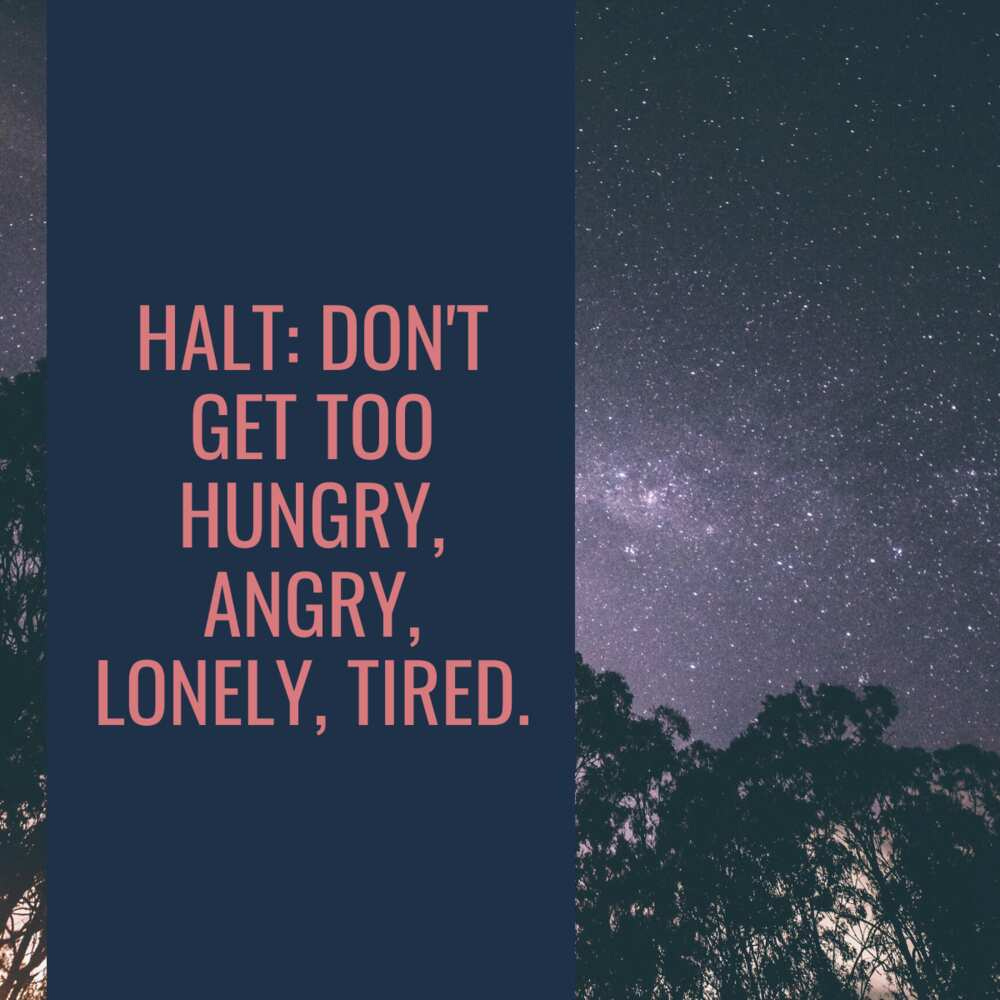Have you ever thought about what it would be like to be Superman? The answer to that question is probably “yes” since he has been an iconic character since the thirties, but what you have seen has probably only scratched the surface of it.
Yes, Superman can almost never really afford to let go, even for a second, because he’s capable of obliterating everything around him without even trying:
There’s also always a temptation for him to misuse his power, as you see here in the non-canonical Injustice storyline. After all, when you’re the biggest, baddest, most unstoppable guy on the block, you can always say, “Might makes right and if I am the mightiest one that is, then I say what’s right.”
Even if that’s not who you are, you essentially have the power of a God. How do you use that power responsibly?
This is the principal dilemma of Superman. Maybe not the earliest incarnations of Superman, but Superman as he’s portrayed now? He has such Godlike powers that he essentially faces many of the same challenges that God does. Take these pieces of data, which I culled from comic book nerds who know much more about Superman than I do, and consider the ramifications:
“In a recent issue of Red Hood and The Outlaws, Superman flew from Pluto, back to Earth in the same amount of time, or faster, than the Outlaws were able to teleport back to Earth. That is 4.67 billion miles, in seconds.”
“Superman can extend the perception of his vision to see things taking place in countries on the other side of the world; he saw the Dheronian drills digging into Hollywood, Russia, Tibet, Egypt, and Africa while he was still in Metropolis.”
“In the 2005 For Tomorrow storyline, Superman rescues Green Lantern after hearing a cry for help from across the solar system.”
In other words, if anyone on earth calls out for help or is just in distress, Superman can hear them, can see them, and is capable of instantly coming to their aid if he so wishes. That means someone could stand on the top of a bridge and say, “Superman, I am going to jump off of this bridge and kill myself” and Superman would be able to decide whether to grab them on the way down or not. Superman can hear every bullet fired, see where it’s aimed, and decide whether to stop the bullet in mid-air. Hell, if a small boy in India falls on his bike, Superman can decide whether he wants to catch him before he hits the ground and skins his knee.
However, unlike we envision God, Superman also has very normal needs, desires, and interests. He has a job. He sleeps at night. He dotes on Lois Lane. Now, think about what that means.
When Clark, on his reporter’s salary, takes Lois Lane to Olive Garden for dinner, he hears thousands of people die that he COULD HAVE saved if he wanted to. As he sits there, eating his breadsticks, he hears people being shot to death, burning to death in fires, and bleeding out after auto-accidents, while begging for someone to help them – and keeps on munching. Then, after dinner when they go back to his apartment to watch Netflix and chill, the same thing happens. Lois leans on his shoulder and they start watching some mediocre romantic comedy as he listens to jumpers hit the sidewalk, people in collapsed buildings slowly being crushed, and villagers being murdered with machetes in rural Africa.
This is what his whole life is like.
So, how does he deal with this?
Well, first you might ask, how does God deal with it? Of course, although Superman is comparable to God, it’s not exactly the same situation because we Christians accept that God is fully omniscient and omnipotent. Why does He allow bad things to happen? It would take a whole article to answer that (fortunately, I have one right here), but let’s just say that it starts with Him giving us free will and goes from there.
Since Superman is not that powerful, he’s not in exactly the same situation. He doesn’t have the level of control God has over everything that happens, he just controls his own reactions to the world. Superman could choose to quit his job, dump Lois, and spend every waking second of his day saving as many people as he could. That might sound extreme, but we are talking about human lives here. Think about how many more people Superman COULD SAVE If he did that. Over the course of a lifetime, it could be enormous. Wouldn’t those lives be worth the sacrifice? This may seem like an esoteric, “How many angels can dance on the head of a pin?” sort of question, but it’s actually highly relevant to everyone reading this.
No, none of us are Superman, but think about what we can accomplish if we choose. Almost all of us could ladle out soup to the homeless, pick up trash around the neighborhood, work suicide hotlines, do more, be more, accomplish more. When you start hearing about people at the limits of human endurance and ability, you will start to realize that almost all of us are falling far short of our potential. So, how do we determine how far we should push ourselves?
I spent a surprising amount of time thinking about this and hadn’t come up with a great answer. As I was talking about this with a smart friend, I steered the conversation around to the topic, discussed it a bit, and asked, “How would someone like Superman, who is incredibly capable and really cares about doing as much as he can for humanity, determine how much he can do and where he has to draw the line?”
Believe it or not, they had a simple, but brilliant response. They said, “He would do as much as was sustainable.”
The reason this is brilliant is because we’re not all able to sustain the same level of output. Elon Musk schedules his time all the way down to 5-minute increments. Michael Phelps trained for hours per day for 5 years in a row without taking a day off of training. A man by the name of Gary McKee ran a marathon every day in 2022. A fellow by the name of Angus Barbieri fasted for 392 straight days.
Even if you’re talking about the most elite, disciplined, high achievers, do you know how many of them could sustain those things? Percentage-wise, very, very few.
Even as we get older, we can’t always do what we did when we were younger. For a while, once per week, yours truly worked a day job all day, slept a few hours, drove a few hours, did radio DJ work in the middle of the night for free, just to gain experience, drove a few hours directly back to work and had to work a full day before I could sleep. Could I physically hack that today? It’s doubtful. I definitely couldn’t manage getting 4-5 hours of sleep per night, 5 days a week, which I did for over a year to grow my old website, Right Wing News. Today, I believe I would physically break down if I had to do that.
Not everyone has the same limits. Not everyone can push themselves in the same ways, but it’s good to find those limits, it’s good to test them and it’s good to try to improve them over time. Of course, the flip side of that there is a lot to be said for respecting your limits once you figure out what they are. For example, Alcoholics Anonymous encourages its members not to “H.A.L.T.”
Why? Because if they do those things, it makes it more likely they’re going to drink. As someone who has done a lot of water fasting, including as many as 12 days in a row, do you know what happens if you push yourself too far and give up early? You tend to eat a TON on the day you give in. Have you ever started a workout program with a blistering, brutal day of working out and then woke up the next morning to do it again? If you have, you know what your natural reaction tends to be. “Ugh. So sore. Everything hurts. So much to do. Maybe this wasn’t a great idea.”
Granted, there are a lot more slackers than high achievers, but there really are a lot of high achievers who never get where they want to go because they push themselves too far, too fast, too hard, and too long instead of doing what’s sustainable.
Whoever you are, it’s worth your time to think about what you need to do to get the most out of your life. How do you help the most people, gain the most skills, grow the most, and be the best you that you can be SUSTAINABLY so that you’re still enjoying life without becoming a machine?
Granted, especially if you’re young and hungry enough, you can forget all about sustainability and just BE A MACHINE if you want it bad enough. Eventually though? Your energy is going to go. Your health is going to go. You’re going to look around and wonder what’s wrong with your relationships and why you’re so burnt out. Some people are willing to make that trade-off, but even if they do, they’ve got to realize that eventually, one way or the other, it’s going to stop. That doesn’t mean you have to become a slacker, drink beer, and play Call of Duty for 6 hours a night in your living room, but do think about what’s sustainable for you.
Be committed to being the best you that you can be, but try to do it in a way that you can feel good about yourself and your life while you’re doing it. Make it sustainable so that no matter what destination you end up at when you finally pass on, you can genuinely say that you enjoyed the journey and got the most out of your life that you could.






Thank you for this thoughtful essay. A point about God: if God exists outside the space-time continuum, He can listen to every single prayer and plea and give us His full attention. Unlike Superman, His sustainable response rate would be (and I believe it is) 100%.
Brilliant!